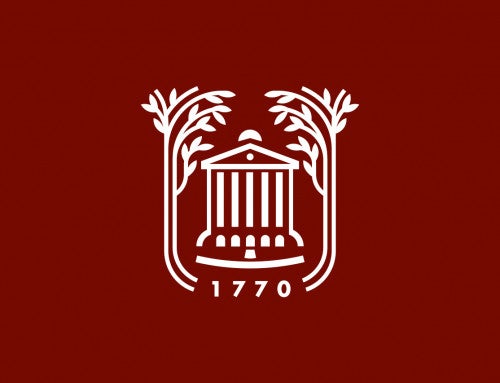The 10th Southern Conference on Women’s History, hosted by the Southern Association for Women Historians (SAWH), takes place at the College of Charleston and at other locations throughout Charleston from June 11-14, 2015. In addition to the College, other sponsors of the conference include the Carolina Lowcountry Atlantic World Program, the Lowcountry Digital Library, The Citadel, and Clemson University.
SAWH President Lorri Glover notes, “The research on the conference program is innovative and interdisciplinary, offering fresh insight into virtually every dimension of southern and gender history. The professional panels are as rich, speaking to the teaching, research, and career needs of our members.”
Three of the lectures taking place as part of the conference are free and open to the public. The first occurred on June 11 at 5 p.m. at the Alumni House at the Citadel and was entitled, “The Limits of Commemoration: Civil Rights Memory and the Enduring Challenge of Innocence,” Renee Romano, PhD, Oberlin College.” The lecture was delivered by Renee Romano of Oberlin College.
A lectured called, “Making Public the Most Private: Children, Families, and Household as a Challenge to Historians” will begin at 5 p.m. June 12 in the College’s Stern Student Center Ballroom. Speakers include professors Susan J. Pearson of Northwestern University, James D. Schmidt of Northern Illinois University and Marcia Chatelain of Georgetown University.
Finally, the “Women, Historical Tourism, and Public History in the Lowcountry” lecture, delivered by professors Katherine Mellen Charron of North Carolina State University, Leslie M. Harris of Emory University and Stephanie Yuhl of the College of the Holy Cross will begin at 5 p.m. June 13 in the Stern Center Ballroom.
SAWH was founded in 1970 and its membership includes over 700 women and men from around the world. The organization has several purposes: to stimulate interest in the study of southern history and women’s history, to advance the status of women in the historical profession in the US South, to provide a forum for women historians to discuss issues of professional concern, and to publicize and promote issues of concern to SAWH members.



